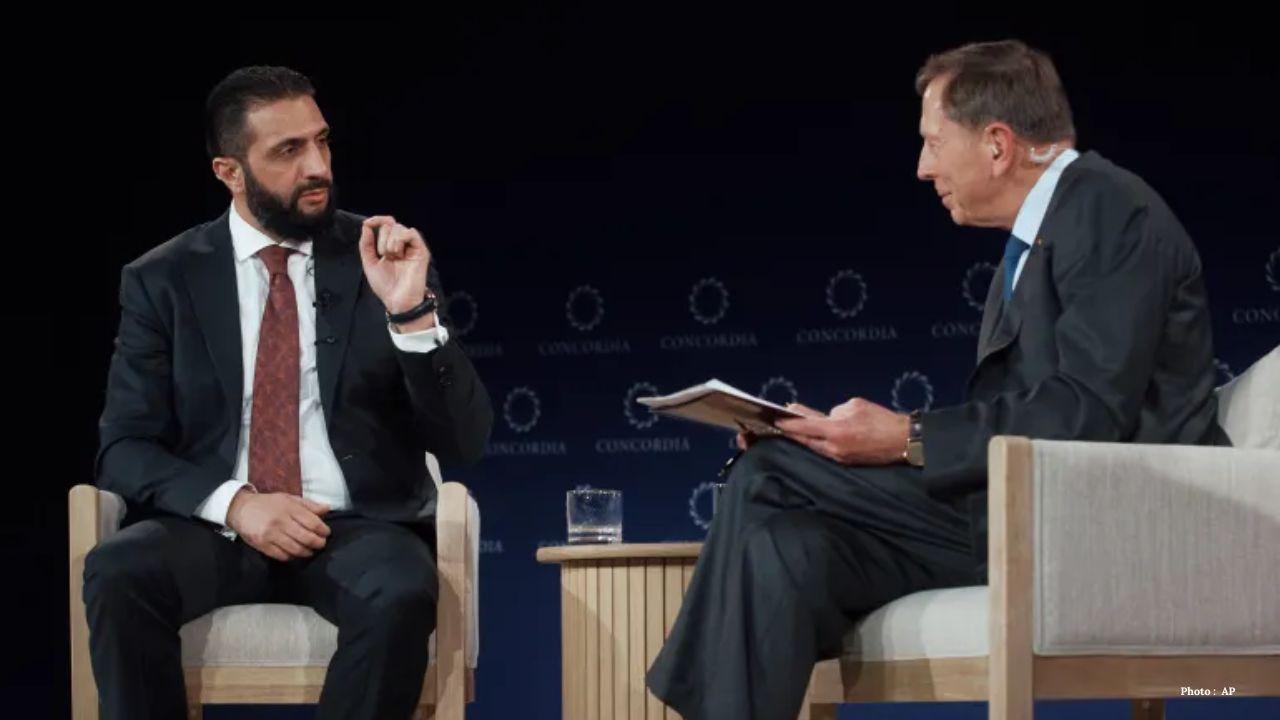
Post by :
In an unusual yet historic meeting, Syrian President Ahmed al-Sharaa appeared alongside retired United States General David Petraeus at a political forum in New York City. Both acknowledged how strange the situation seemed, considering their past history.
Ahmed al-Sharaa rose to power after leading a powerful military offensive that ended the decades-long Assad family rule in Syria. He became the country’s president in January this year, marking a major shift in Syria’s political scene.
David Petraeus, once a top US military leader, commanded American forces during the invasion of Iraq. During this time, Petraeus’s troops captured and imprisoned al-Sharaa from 2006 to 2011, as al-Sharaa was fighting against the US invasion. Petraeus later became the director of the CIA, making him a key figure in US intelligence.
After his release from prison, al-Sharaa formed the al-Nusra Front in Syria in 2012 to fight against Bashar al-Assad. Over the years, al-Nusra separated from al-Qaeda, and in 2017, merged with other groups to form Hayat Tahrir al-Sham (HTS), with al-Sharaa as its leader. While the group was labeled a terrorist organization by the US in 2018 due to past ties with al-Qaeda, this designation was removed in July this year as Washington shifted its approach toward Syria. A $10 million bounty on al-Sharaa’s head was also lifted last December.
The timing of his visit to New York was significant. Al-Sharaa attended the United Nations General Assembly, becoming the first Syrian president in almost sixty years to do so. He held meetings with key officials, including the US Secretary of State, and addressed events alongside global leaders, business figures, and non-governmental organizations.
One of the highlights of his visit was participation in the 2025 Concordia Annual Summit, a global forum held alongside the UN Assembly. The forum brings together world leaders and influential figures to promote dialogue and cooperation. In past years, it has hosted more than 300 speakers and thousands of attendees from over 100 countries.
The pairing of Petraeus and al-Sharaa drew attention. Petraeus praised the Syrian president, saying his journey “from insurgent leader to head of state is one of the most dramatic political transformations in recent Middle Eastern history.” He also expressed concern for al-Sharaa’s personal wellbeing, asking if he was getting enough rest, and openly admitted that he was “one of his fans.”
Al-Sharaa reflected on their shared history, saying that people who have experienced war understand the importance of peace. “We cannot judge the past by today’s rules, nor can we judge today by the rules of the past,” he said. Speaking about his former role as an al-Qaeda commander, he admitted there may have been mistakes but emphasized that what matters now is protecting the Syrian people and maintaining regional stability.
Al-Sharaa also shared his views on current issues in Syria. He defended his government’s focus on rebuilding the country, ensuring economic development, and uniting the population. He spoke about parliamentary elections scheduled for October and stressed the importance of protecting minorities, including the Kurdish population. However, he stated that armed groups must operate only under the authority of the Syrian government.
Addressing security concerns, he mentioned Israel’s repeated attacks on Syria, including more than 1,000 attacks since Assad’s fall, as well as the ongoing occupation of the Golan Heights. Despite this, al-Sharaa emphasized Syria’s priority of avoiding another war. Talks were underway with Israel to negotiate a peace agreement based on the 1974 disengagement deal mediated by the US.
Regarding domestic challenges, al-Sharaa acknowledged sectarian violence that occurred earlier this year. He said that all parties, including remnants of the former Assad government, made mistakes. A new council has been established to investigate and prosecute those responsible for violations.
Finally, al-Sharaa called on the US Congress to lift the Caesar Syria Civil Protection Act sanctions, stating that international cooperation is crucial for Syria’s recovery. He concluded by emphasizing that the focus of his government is on stability, security, and development to ensure a peaceful future for all Syrians.
This visit and discussion highlight a remarkable chapter in international diplomacy. From former adversaries on a battlefield to participants in dialogue aimed at fostering peace and stability, al-Sharaa’s journey reflects the complex and evolving nature of Middle East politics.
Ahmed al-Sharaa, David Petraeus, Syria, UN General Assembly, al-Nusra Front, Hayat Tahrir al-Sham, US-Syria relations, Middle East politics


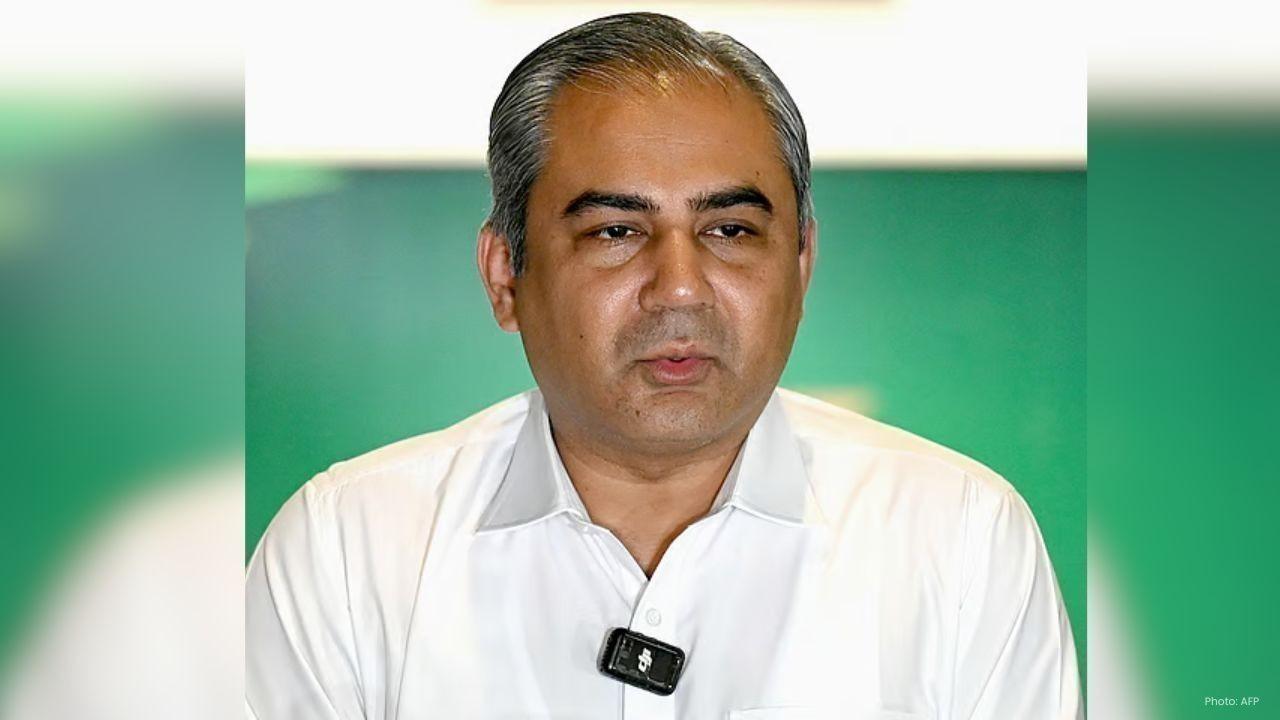

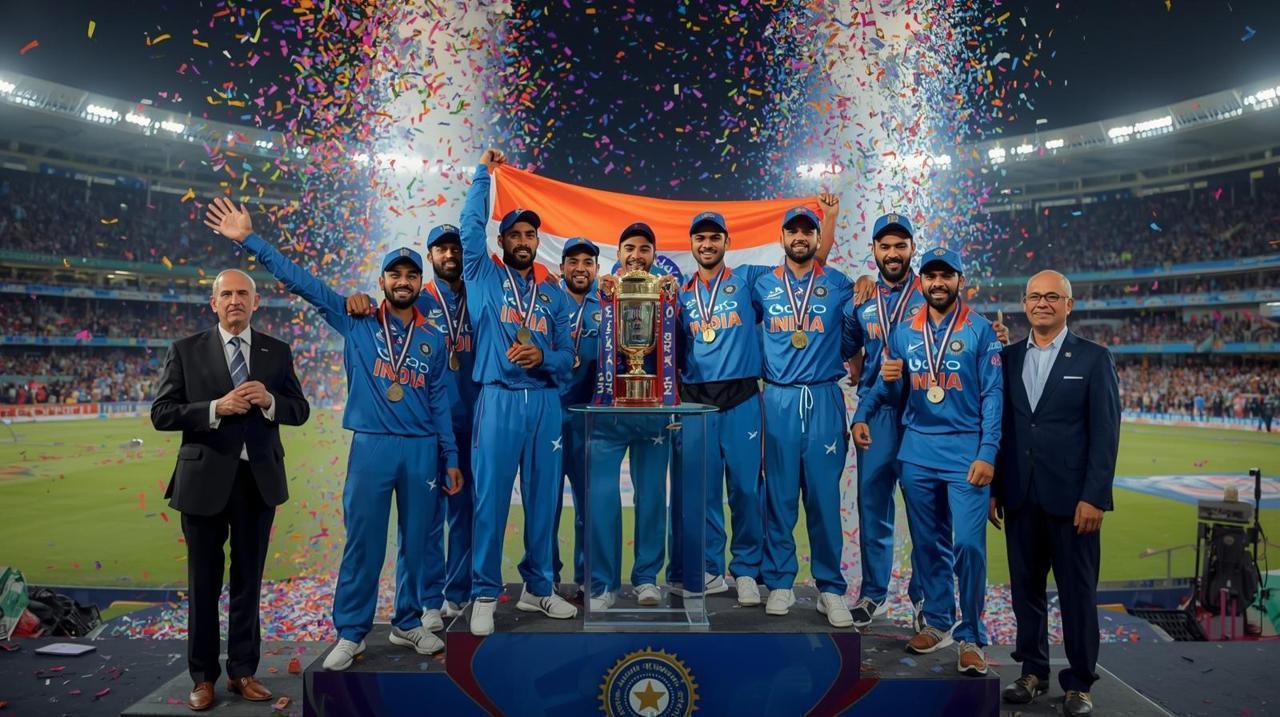

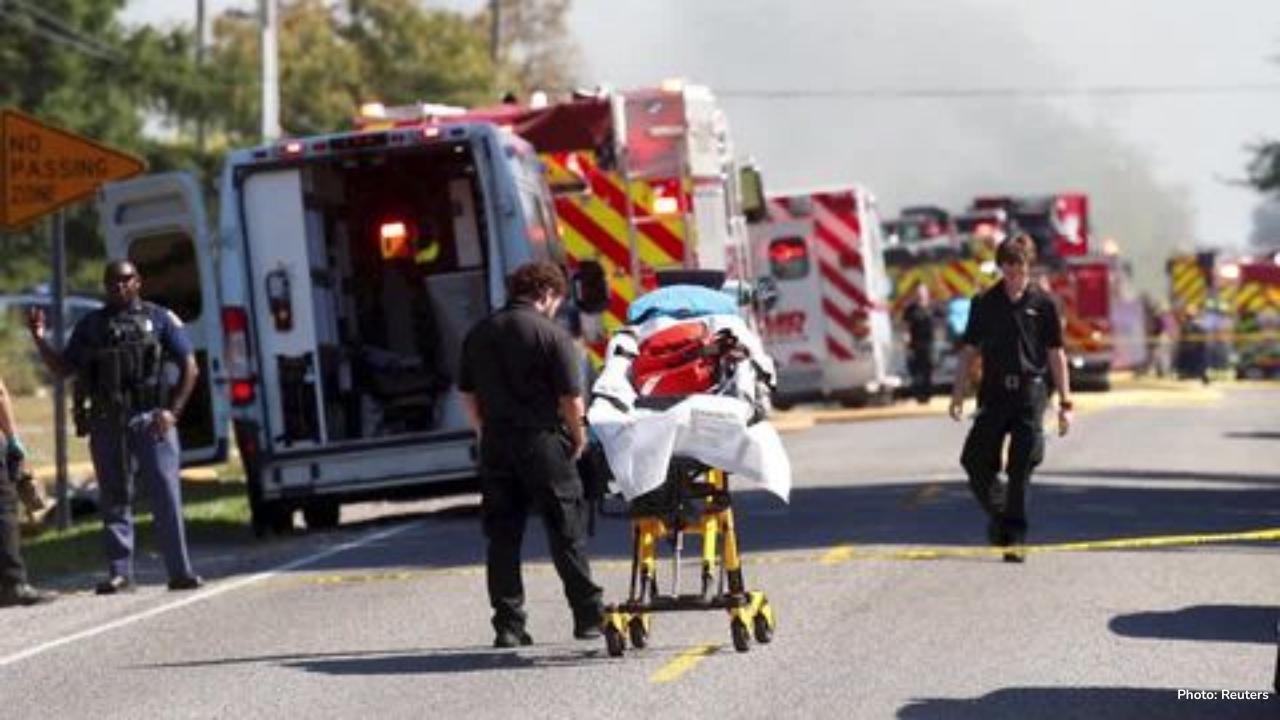
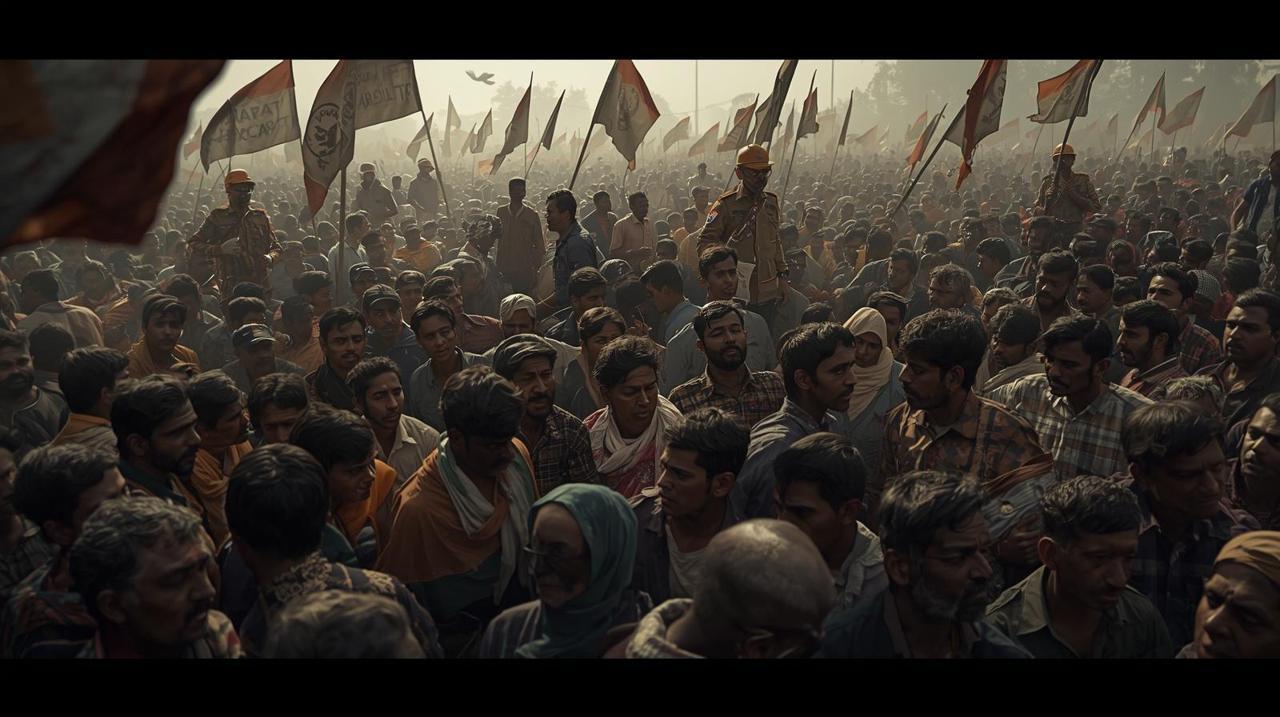


Sinner & Swiatek Shine at China Open: Semifinal Spots Secured
Jannik Sinner and Iga Swiatek advance to the semifinals at the China Open. Read about their victori

Michigan church attack kills 4, injures 8 in shocking violence
A gunman drove into a Michigan church, fired shots, set fire, killing 4 and injuring 8 before police

Moldova’s Pro-EU Party Secures Majority in Key Vote
Moldova’s pro-European PAS wins a strong majority in the parliamentary election, weakening pro-Russi

Gabriel’s late header gives Arsenal 2-1 win at Newcastle
Arsenal snatch dramatic 2-1 win at Newcastle as Gabriel heads the winner in stoppage time; Merino eq
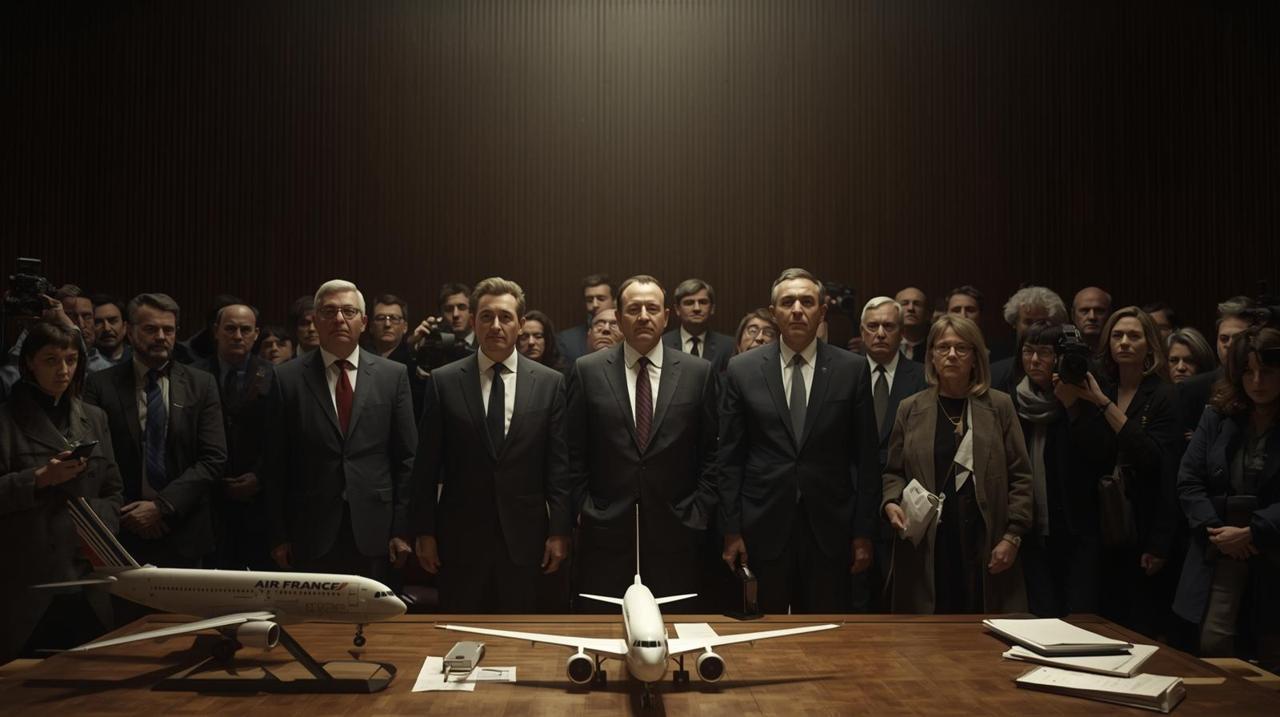
Air France Flight 447 Trial Opens 16 Years After Tragic Crash
Sixteen years after the Air France Flight 447 crash, a trial opens against Air France and Airbus. Le
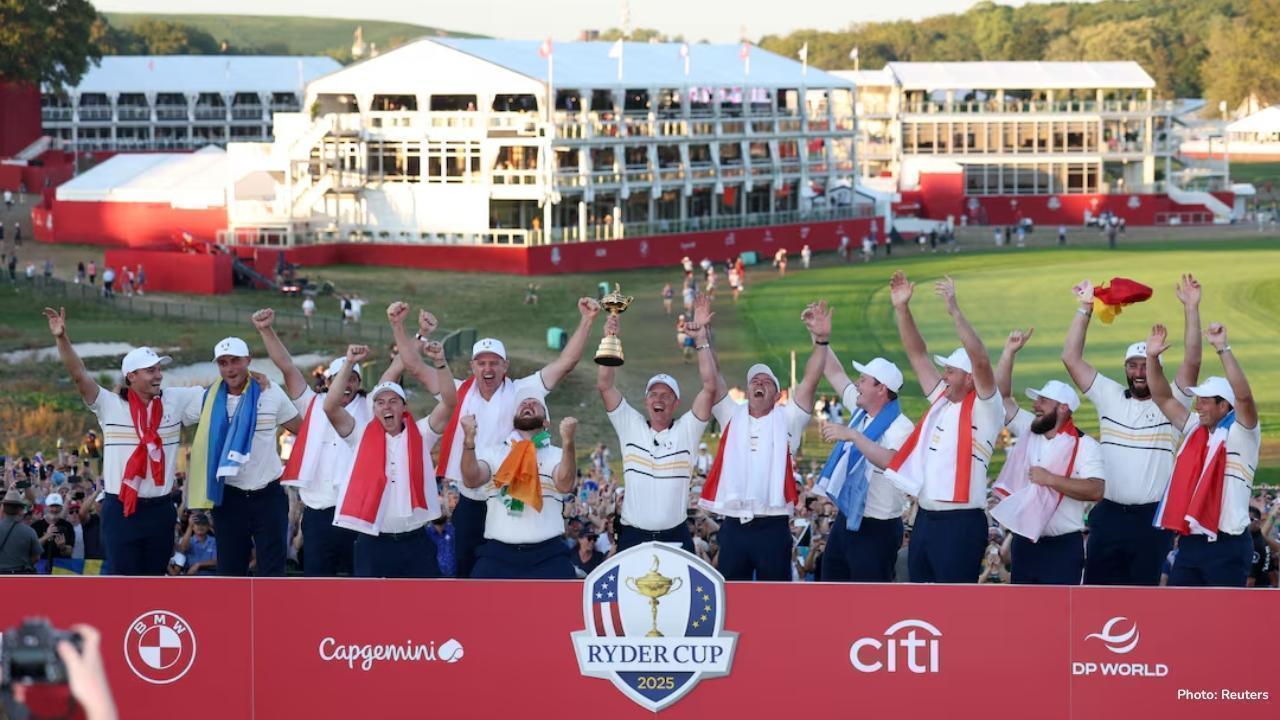
Europe close to Ryder Cup win after strong weekend play
Team Europe is on the verge of winning the Ryder Cup, showing great form in Italy and needing only a